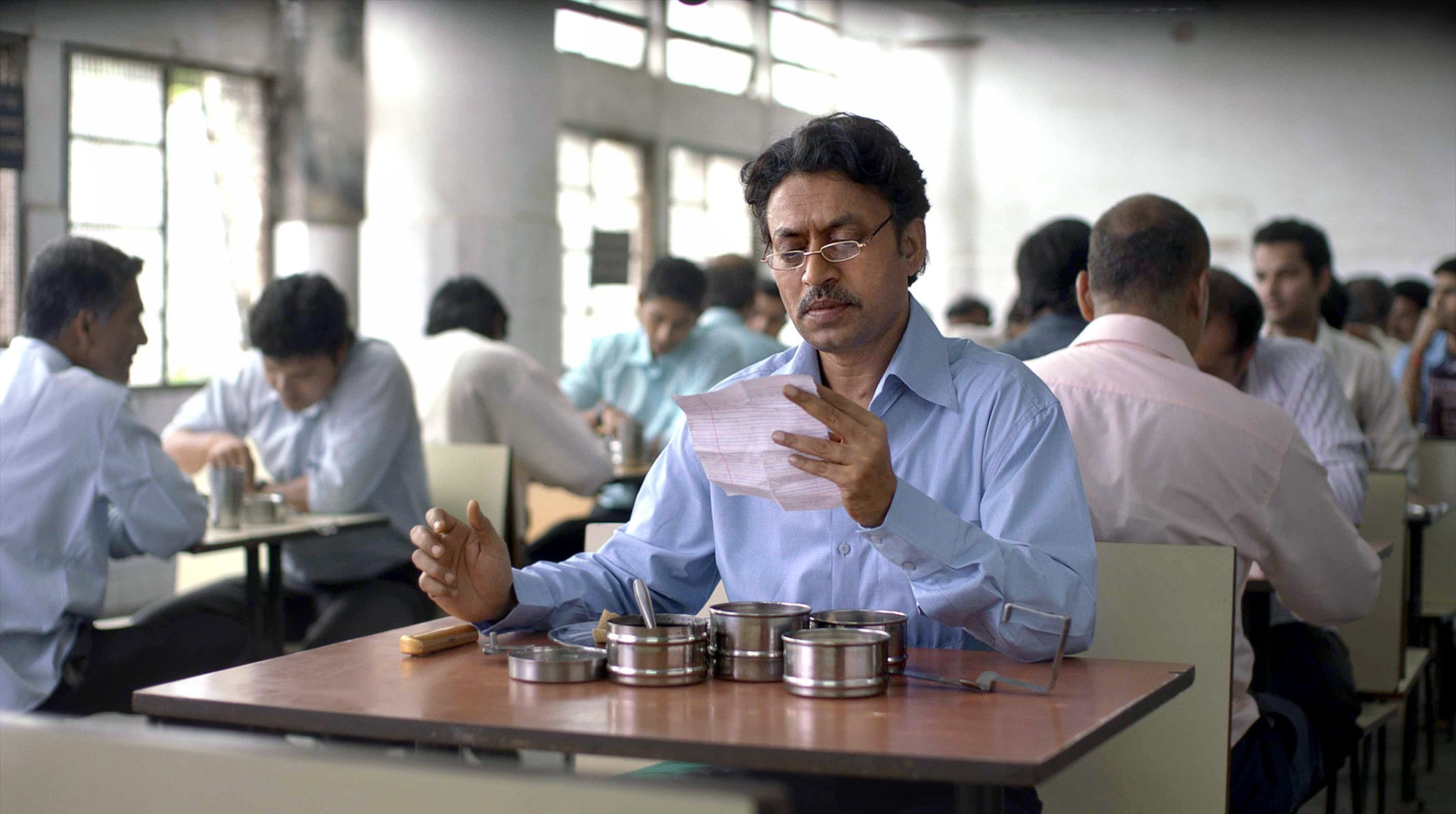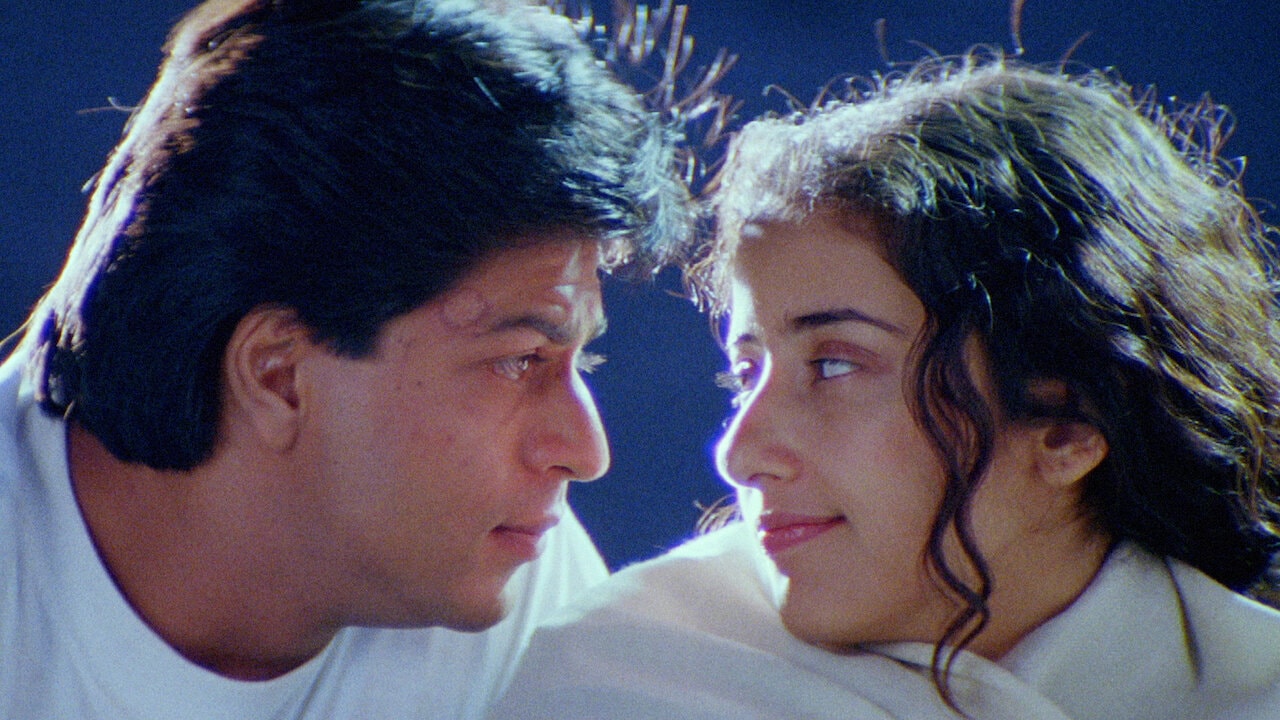From RRR to Tumbbad and Dharm: Indian films that had a better shot at the Oscars than the official entries
After weeks of speculation, hype, and fan campaigns, RRR failed to be selected as India’s official entry for the Academy Awards this year. The Film Federation of India (FFI), the body authorized to select the entry, chose Gujarati film Chhello Show instead. It isn’t the first time that a much-vaulted film has been ignored in favour of a left-field choice by the FFI. India has been sending official entries to Oscars since 1957 and there has been no dearth of controversies about selection in the six decades since. A brief look at the major ones:
2022: Chhello Show beats RRR despite its pan-US craze
RRR has had the biggest cultural footprint any Indian film has left in the US in recent times. The Americans are crazy about it, right from Marvel directors to ordinary fans. Given that craze, it would be easy for the film to drum up support in the Oscars race. But FFI felt Chhello Show, a film about a young boy’s love for cinema, had a better shot. Needless to say, many fans of RRR, as well as cinephiles and industry insiders, were not too happy. Many remarked that RRR’s popularity notwithstanding, Chhello Show wasn’t a good choice, given its similarity in theme and plot to the Italian classic Cinema Paradiso. If there is one thing Oscar juries do not take kindly to, it’s lack of originality.
2019: Tumbbad snubbed for Gully Boy
Sohum Shah’s sleeper hit Tumbbad has been heralded as one of the greatest Indian horror films ever made, drawing comparisons with Pan’s Labyrinth and Eraserhead. Internationally too, publications like The Hollywood Reporter and Reuters praised it. It developed a niche following globally and was talked about as a frontrunner for the Oscar entry spot. The FFI, instead chose Gully Boy, a decision that was heavily criticized. The Ranveer Singh-starrer was a critical success but similarities in themes to several Hollywood films like 8 Mile meant that the film was unlikely to be perceived as fresh by the Academy.

2013: The Lunchbox omission controversy
When it premiered at the Cannes Film Festival, Ritesh Batra’s The Lunchbox was applauded as the best Indian film of the year. It had, in Sony Pictures Classic, a big US distributor and talks of an Oscar win, not merely nomination, began doing the rounds. In the end, FFI chose Gujarati film The Good Road. Many derided the choice given that The Good Road did not even release in the US. The Lunchbox director Ritesh Batra wrote in an angry open letter to the FFI, “Sir, please use your good offices to give us a transparent, objective process with a public and not a secret jury.” The FFI, in turn, demanded an apology. Eventually Sony Pictures Classic’s Tom Bernard told Deadline, “What India might be doing is nominating the best movie in India, but not the best in world cinema.”
2007: Dharm’s snub gets the Bombay High Court involved
Dharm is a little-remembered classic starring Pankaj Kapur as an orthodox Hindu priest, who finds himself conflicted about caring for a Muslim boy during communal riots. The film closed the World Cinema Section at Cannes and won awards in several festivals, including Cancun and Palm Springs. Films Distribution, France acquired its global distribution rights giving it a chance to increase visibility in the US ahead of the Oscars race. In the end, it lost to Eklavya: The Royal Guard. The controversy that followed led to even the Bombay High Court asking FFI to explain the choice, even getting the Academy involved.
2005: Paheli instead of Swades
Ashutosh Gowariker’s Swades had all the ingredients an Oscar jury loves. It was about a NASA engineer going back to his village and helping them generate electricity. Culture shock, poverty porn, reverse migration, and a semi white-man’s burden all in there. Add to it the fact that the director was known in the Oscars circle as his previous film Lagaan had been nominated for an Oscar and it seemed like a shoe-in. Why the FFI thought Paheli–a film that wasn’t even well received in India–was a better choice remains a mystery to this day.

1998: Three-hour family drama Jeans beats Berlin prize-winner Dil Se
Before Shah Rukh Khan became the king of overseas box office, Uyire/Dil Se made him a darling of European film festivals. The Mani Ratnam film won prizes everywhere from Berlin to the National Award back home. It was screened at multiple other festivals around the world, generating interest that few Indian films manage. That it was based on insurgency in south Asia and had a popular face in Shah Rukh meant that it was easy to market to the Academy as well, analysts felt. The FFI disagreed and sent Shankar’s Jeans instead, a three-hour-long family entertainer that many argued was not what Oscar juries look for.
1960: FFI decides to not send Mughal-e-Azam
India began sending official entries to the Oscars in 1957. The first few years showed that the Academy honoured films that showcased the culture of their country and its filmmaking in a way that Hollywood couldn’t. Mughal-e-Azam, with its grandeur and opulence, personified this definition. And yet, it was not sent as India’s entry to the Oscars. In fact, rather puzzlingly, that year, India did not send any film to the Academy. Just how appreciated K Asif’s masterpiece is in the West became apparent only 60 years alter when its screenplay was admitted in the Oscars library.
For all the latest Entertainment News Click Here
For the latest news and updates, follow us on Google News.

